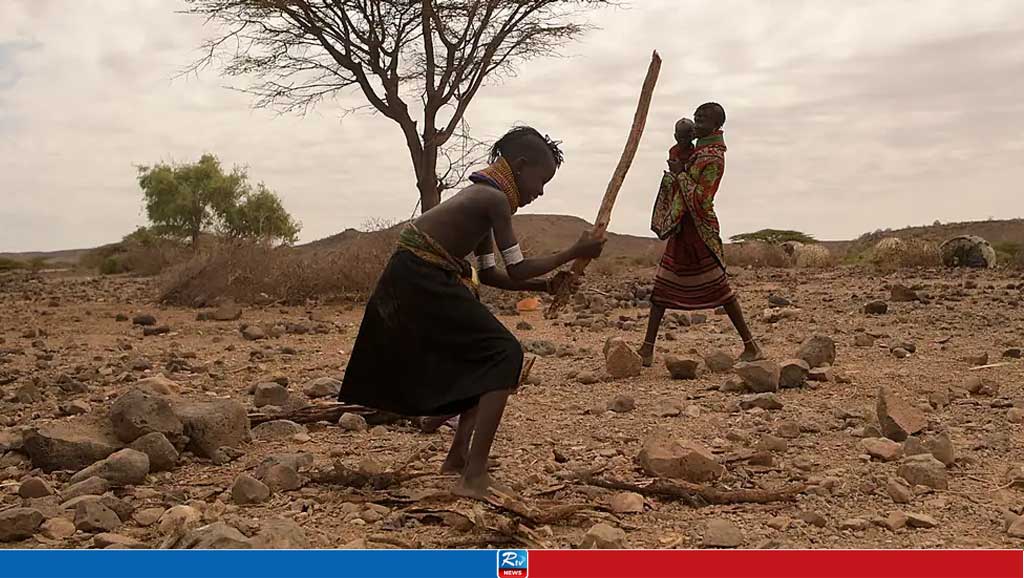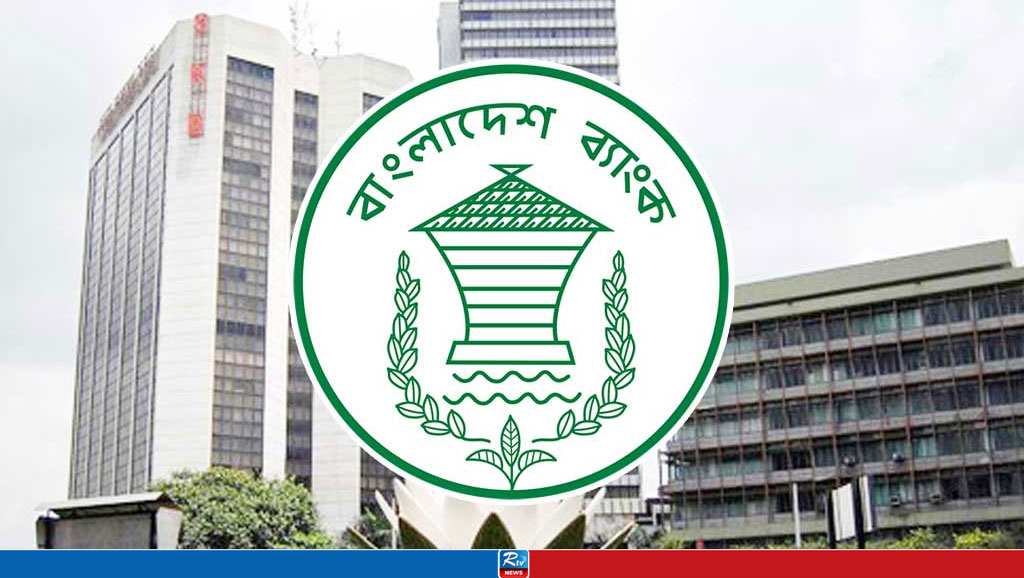Urdu Literature: Mangoes imbued with roses

Since the beginning of the world, the popularity of mangoes has not diminished till date. This is why mangoes are called the king of fruits. Along with humans, animals and birds have been fond of mangoes, and even today they all seem to eat mangoes with great interest. Mango is one of the oldest fruits of India.
A good mention of mango can be seen in the holy Vedas. Even, mangoes have been used as offerings to goddesses and gods since time immemorial. Thus, mango has been the favorite fruit of goddesses and gods. According to this theory, the mango tree is considered the sacred tree of India.
As soon as the mangoes are on the trees, the walk in the gardens begins. Swinging begins in the mango orchards. Young girls come together to sing songs of love and separation, bringing their hearts to their tongues. It would not be wrong to say that no other fruit is eaten with such gusto than mango. In Sanskrit, mango is called “suta” and “amri.” Which means the fragrant fruit and the fruit that fulfills the human desire.
Apart from this, mangoes are also mentioned in Sanskrit by names like “Astad Vatila"”, Kantha”, “Rasala”, “Sahkaar Phal”, “Pushap Mahuchha”, Petankh, and “Push Machhwa”.In Persian it is called “Anba”. Similarly, mango is called “Abanj”, in Arabic and “Naghzak” in Turani language. In North India it is called “Aam” and generally this fruit is called “Aam”. While in English it is called Mango.
Persian was the official language of India for a long time. Which also influenced the Gujarati language to a great extent. That is why it is also called “Amba”, Aamba or “Anbo” in Gujarati. By the way, Mango is also called “Keri” in Gujarati. Mango has been a favorite fruit of people since prehistoric times.
As far as mangoes are concerned, they include Deccan mangoes, Pune mangoes, Bangalore mangoes, Trichanapalli mangoes, Amroha mangoes, Mehroli mangoes, Rampur mangoes, Farrukhabad mangoes, Talhar mangoes, Bahraich mangoes. Mangoes, Lucknow Mangoes, Malihabad Mangoes, Sandela Mangoes, Kakuri Mangoes, Murshadabad Mangoes, Calcutta Mangoes, Meerut Mangoes, Baghpat Mangoes, Bahadurgarh Mangoes,Afghan mangoes of Shah Jahanpur, Mangoes of Deoband, Mangoes of Bhagalpur, Mangoes of Danapur, Mangoes of Patna and Mangoes of Monger as well as Mangoes of Valsad and Surat in Gujarat are quite popular.
According to Urdu poets, mangoes have received great excellence and importance. On the one hand, a large number of Urdu poets, who have mentioned mangoes in Urdu poetry, have expressed their attachment and liking for mangoes. On the other side, at that time, letters were the only means of keeping each other close. So it can be seen that Ghalib and other poets have mentioned mangoes in their letters with great interest.
Somewhere in these letters, someone is seen ordering mangoes, and sometimes someone is seen sending mangoes with baskets full of them. The famous poet of the Aalamgir era “Bedil” has also mentioned mangoes in his letters. In Saharanpur, Shukrullah Khan Sahib, who was an admirer of “Bedil” and held a high position, during the mango season, mangoes were sent to "Bedil. The evidence of this is found in the letters of "Bedil" and his Persian poetry.
“Bedil” wrote in his Persian poetry that I don’t know what message is hidden in the mango that the heart wants to kiss in his name. Wherever the mango is grown, its sweetness is precious to us. Even if the mango is born in Saharanpur, it reaches Delhi. What is the wonder of this fruit and how sweet it is that it is produced somewhere and found in Delhi.”While this letter of Bedil reveals the allure and love of mangoes, this letter also reveals the role of mangoes in strengthening social life. The kings also used to send mangoes to each other's kingdoms. Due to which their relationship was balanced.
Mention of mangoes cannot be complete without Ghalib’s “Zauq-e-Amba-Nawazi” (Passionate about liking mangoes). “Hali” not only did a great job by writing “Yadgar-e- Ghalib” but also enlightened the world with the qualities of Ghalib’s life and poetry. Ghalib was so fond of mangoes that he used to write letters to his friends asking them to send him mangoes. Ghalib’s Persian and Urdu letters mention requests for mangoes and praises of mangoes.
Once upon a time, Bahadur Shah Zafar along with some of his companions and Ghalib was strolling in the “Bagh-e Hayat Bakhsh” or “Mahtab Bagh” during the mango season. Mangoes were springing on the trees. Interestingly, the mango here was not given to anyone except kings, sultans, and begums. That is, these mangoes were reserved for them. Ghalib became restless after seeing this spring of mangoes. He would look at the mangoes again and again with tempting eyes. The king took notice of this and asked, Mirza, what are you looking at so intently? Mirza folded his hands and said, “Pir and Murshid, I have heard that the name of the eater is written on the grain. I am looking to see whether my name or my father’s name is written on any of the grains or not.”
The King was very impressed by Mirza’s reply and on the same day he sent a bunch of good mangoes to Mirza. Regarding Mirza Ghulab, one thing must be clarified that he used to order mangoes, mangoes were sent to him and he himself used to buy and eat mangoes.
Despite this, Mirza’s heart was never satisfied with mangoes and their interest in mangoes remained constant. Once Mirza Ghalib, Maulana Fazal-e- Haq and other friends, were sitting somewhere. Everyone was giving their own opinion about mangoes. When Mirza Ghalib’s number came, he said, “To me, a mango should have only two qualities, sweet and plentiful.” Hearing this, all the audience laughed.
Another joke related to Mirza Ghalib is famous. Therefore, if mangoes are mentioned and this joke of Mirza Ghalib is not mentioned, the story cannot be complete. It so happened that once Hakeem Raziuddin Khan, who was a very close friend of Mirza. They did not eat mangoes. One day he was sitting in the verandah of Mirza’s house. Mirza was also present there. Coincidentally, a donkey owner was passing through the same street with his donkey. Mango peels were lying in the street.
The donkey sniffed and left. Seeing this, Hakim Sahib said to Mirza, “Look, mango is something that even a donkey does not eat.” Mirza said, “Indeed, the donkey does not eat.” See the end of Mirza Ghalib’s love for mangoes that in one of his letters written to Mir Mahdi, he called mangoes “a substitute for wine.”
Moreover, during the harvest of mangoes, he didn’t even say ghazal. All Ghalib’s attention was on eating mangoes. It is said that Ghalib has tasted as many varieties of mangoes, hardly any poet has had this opportunity.
After Ghalib, Maulana Hali also mentioned mangoes in his poem “Barkha Rut.”
Jab ped se aam hai tapakta
Mein tum ko idhar udhar hun takta
Aakhir nahien pata jab kisi ko
Deta hun duaein bekasi ko
Rut aam ki aaye aur na hon yaar
Ji apna aisi rut se bezaar.
(When the mangoes are dripping from the tree, I see you here and there finally, when none is found, To anxiety, I pray. May it be the season of mangoes and friends are not present, my heart abhors such weather.)
Akbar Allahabadi was also a lover of mangoes. One of his famous poems can be seen in this connection.
Nama na koi yaar ka paigham bhejiye
Is fasl mein jo bhejiye bas aam bhejiye
Aisa Zaroor ho ke unhein rakh ke kha sakoon
Pukhta agar hon bees to das khaam bhejiye
Maloom hi hai aap ko bande ka address
Sidhe Allahabad mere naam bhejiye
Aisa no ho ke aap ye likhkhein jawab mein
Taamil hogi, pahle magar daam bhejiye
(Do not send a letter or a friend’s message, whatever you send in this season, just send mangoes. It must be so that I can keep them and eat them, if twenty mangoes are ripe, send ten raw mangoes also. You know the address of the servant, Send me directly to Allahabad. Lest you write this in response, Will comply, but send the price first)
Allama Iqbal and Akbar Allahabadi had a long-standing relationship. There was always an exchange of correspondence. Once Akbar Allahabadi sent a box of langda mangoes from Allahabad to Lahore in the service of Allama Iqbal. Allama was very happy with this gift. Allama was also fond of mangoes and had once written poetry in the Akbari style.
He wrote two lines to Akbar Allahabadi on the reply receipt.
Ye sab Iqbal, Akbar ki karamat ka karishma hai,
Allahabad se langda chala, Lahore aa pahuncha.
(All this is the charisma of Iqbal, Akbar, From Allahabad Langra left, reached Lahore.)
Dagh Dehlavi has also mentioned mangoes in his poetry. Dagh Dehlavi was the teacher of Nizam Mehboob Ali Khan of the Deccan. He once sent a lot of mangoes from the market in the service of his teacher. Dagh was very impressed to see this and wrote an stanza in his service. Dagh wrote that Shah sent boatloads of mangoes. I am very grateful to him for that.
Like Mirza Ghalib, Mir Anis was very fond of mangoes. Mir Anais used to eat the “langda” mangoes of Banaras with great gusto. Once Hakeem Syed Ali sent him a basket of mangoes. So Anees wrote to him in the reply receipt saying, “How can I thank you for this blessing?" Lips are not separating due to sweetness.”
As for Sir Syed, he also loved mangoes. According to his friends, Sir Syed always kept good mangoes in front of the guests after the meal. In this way, Sir Syed used to make a feast of mangoes after the meal. Khawaja Hasan Nizami was also very fond of mangoes. One of his letters about mangoes, “Aam ke naam,” it was published in the monthly Munadi in its April 30, 1933 issue. Which is related to reading.
He wrote that., “I went to Mirza Ghalib’s grave which is in front of my house. I said to his soul:
Woh baada shabeena ki sarmastiyaan kahan,
Uthiye bas ba ke lazzat-e-khaab-e-sahar gayee.
(It is no longer fun to stay drunk at night, Just get up now that the pleasure of the dream is gone.)
Mirzaji, mango season is coming. The mangoes you used to eat. The mangoes you used to be happy to see. Addressing Mango, Khwaja Hasan Nizami writes that “My dear, if I were a Hindu, I would have made you a deity, leaving the cow, the Ganges, and the Pipal. Because you are juicy”.
He further writes that, “When I go to the paradise of the Muslims, I will say to the angels,” Listen, brother, God has promised in the Holy Quran that you will get whatever you want in Paradise. That’s why I don’t want pomegranates, grapes or apples here, I want mangoes. Mango was my favorite in the world.
However, many Urdu poets have expressed their thoughts on mangoes. These views are documented. By the way, writing about mangoes will continue forever. There will be talks about the virtues of mangoes. But tell me what is your opinion about mangoes and which mango do you like?
Source: Good Morning kashmir
Comments
Chinese authorities arrest 4 Tibetans for protest over land grab

130 Chinese extradited for online fraud, cybercrimes

Africa's El Nino crises demand action and funding

Massive floods threaten tens of millions in southern China

Iraq: 4 killed in drone attack on gas field

South China Sea: Is China finding itself in the US and its allies’ crosshairs?

CCIA releases report 'US Threats and Sabotage to the Security and Development of Global Cyberspace'


 Live Tv
Live Tv




